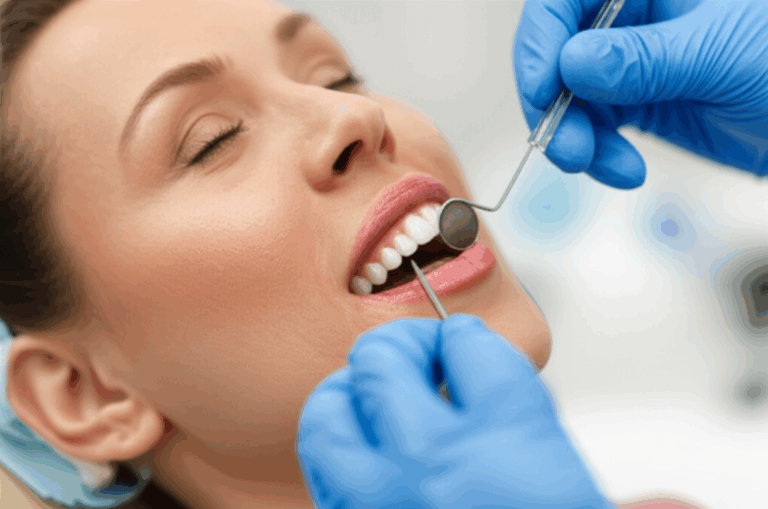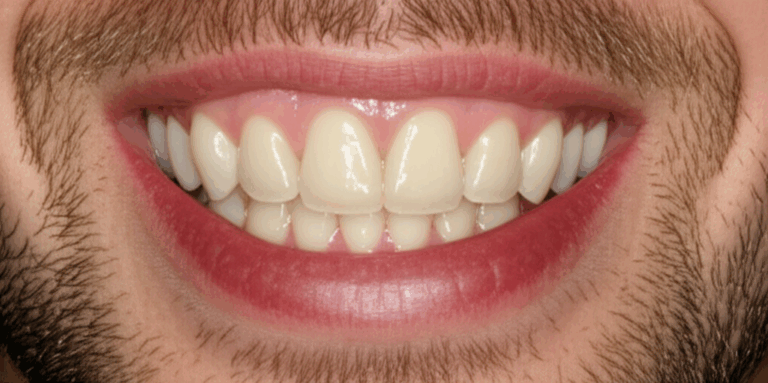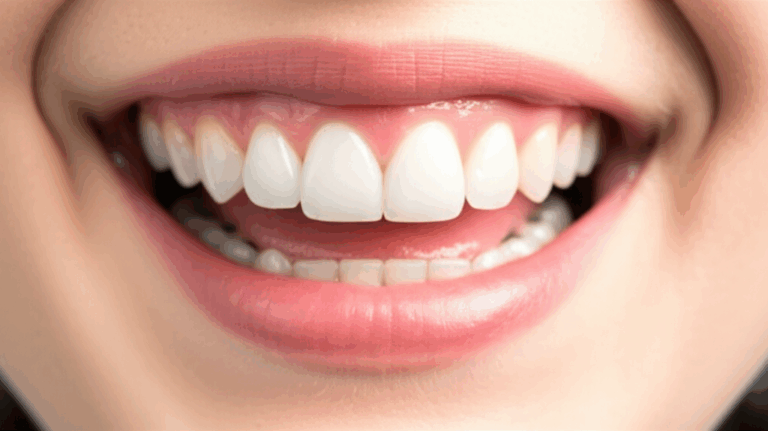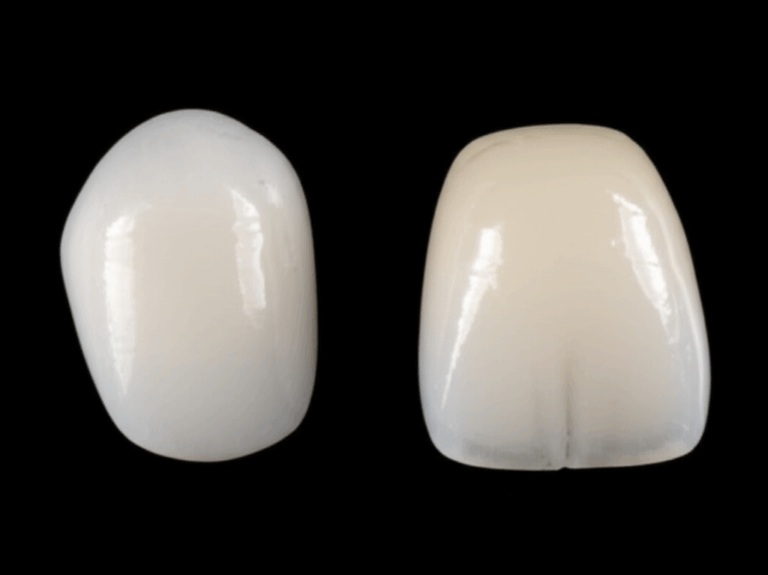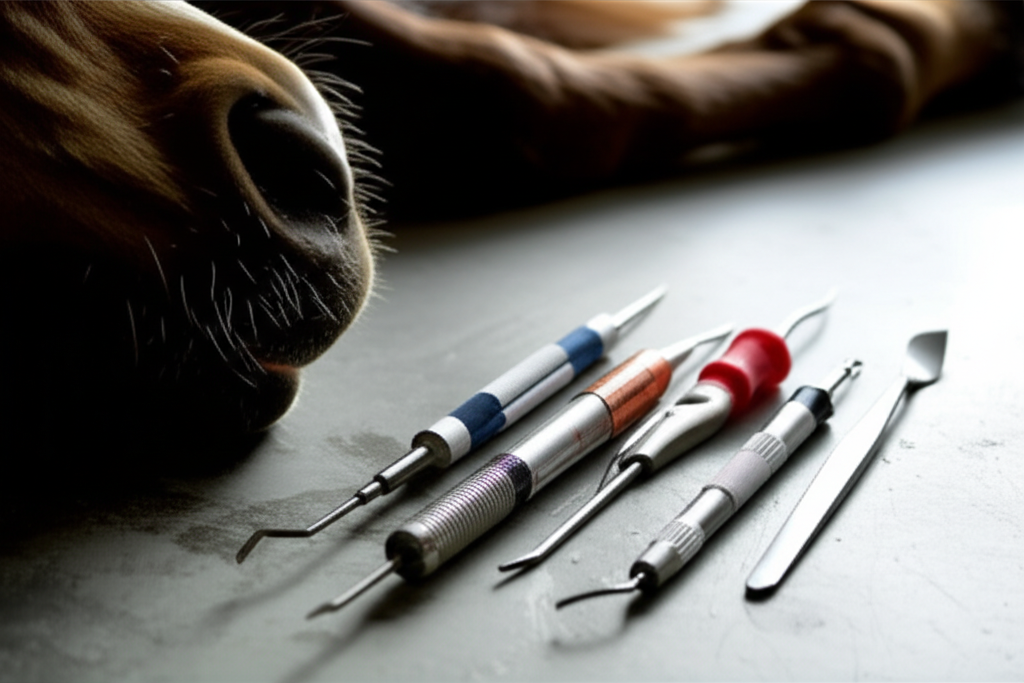
How to Become an Equine Dentist: My Complete Career Guide
Table of Contents
- Introduction: My Journey into Equine Dentistry
- What is an Equine Dentist? Beyond Floating Teeth
- Why I Chose Equine Dentistry: Love, Career, and Opportunity
- The Two Main Career Paths: EDT vs. Veterinary Dentist (DVM)
- Path 1: How I Became an Equine Dental Technician (EDT)
- Step 1: Building a Solid Foundation
- Step 2: Attending Specialized Equine Dental Training
- Step 3: Achieving My EDT Certification
- Step 4: Navigating State Regulations and Scope of Practice
- Step 5: Gaining Real-World Experience and Continuing Education
- Path 2: Becoming an Equine Veterinary Dentist (DVM) – The Longer Road
- Step 1: My Route through Veterinary School
- Step 2: Specializing in Equine Dentistry
- Key Comparisons: EDT vs. DVM
- A Day in My Life: What Equine Dentists Actually Do
- Skills and Qualities That Helped Me Succeed
- Salary, Job Outlook, and the Business Side
- Resources That Made My Journey Easier
- Final Thoughts: Is Equine Dentistry Right for You?
Introduction: My Journey into Equine Dentistry
If someone had told me years ago that I’d spend my days looking inside horses’ mouths, I probably would have laughed. But now I am—a certified Equine Dental Technician (EDT) who cares a lot about horse mouth health. I’ve been through some hard times, wins, and lots of times I wondered, “Am I really good for this?” But let me tell you: if you care about horses and like working with your hands, being an equine dentist can be really worth it.
In this guide, I’ll show you every step it took for me to get here, what I wish I knew earlier, and how you can decide if this is the right job for you.
What is an Equine Dentist? Beyond Floating Teeth
At first, I thought equine dentistry was only about “floating”—filing down sharp points on horses’ teeth. But that’s just the start. Equine dentists handle everything from regular checkups and basic care to pulling teeth, fixing waves, and working with vets on harder surgeries.
Equine dentistry is all about making a horse more comfortable, healthy, and able to do its job. Just like people, horses don’t feel good if their mouth hurts. They might not eat, lose weight, or act up when riding. I quickly saw that a healthy mouth can change a horse’s entire life.
Why I Chose Equine Dentistry: Love, Career, and Opportunity
My love for horses started when I was young. I’d clean stalls just to be near them, and learned that handling nervous or stubborn horses means being patient and reading their body language—skills that really help in this job.
But it wasn’t just my love for animals. There just weren’t enough people trained to work on horses’ teeth near me. Owners needed someone they could count on. The need for good equine dentists—not just vets with some dental training—keeps getting bigger in many places.
So, if you’re thinking about this job, know that you need both passion and hard work. It takes being tough and not giving up.
The Two Main Career Paths: EDT vs. Veterinary Dentist (DVM)
People always ask, “Do I have to be a vet to work on horse teeth?” The answer—no, but it depends on what you want and where you live.
Equine Dental Technician (EDT)
EDTs like me focus only on dental jobs for horses. We go to special schools, get certified, and follow state rules.
Veterinary Equine Dentist (DVM)
A vet with extra dental training can do all the teeth jobs—plus give sedation, do surgery, and help with other medical issues. This takes more school and costs more time and money.
Let me explain both so you can see which fits you better.
Path 1: How I Became an Equine Dental Technician (EDT)
Let me tell you how I moved from loving horses to actually working as an equine dental tech.
Step 1: Building a Solid Foundation
I started with a high school diploma—which you need. Science classes like biology helped, but knowing how to work around horses was just as important. If you’re in school, focus on science. If not, you can still learn horse handling skills along the way.
I helped out in barns, learning how to deal with all types of horses. I also watched other EDTs and vets—seeing them work on teeth or check for mouth pain got me very interested.
Step 2: Attending Specialized Equine Dental Training
Next, I found schools just for horse dental work. The Academy of Equine Dentistry, for example, has hands-on courses. The class covered:
- Horse mouth parts and teeth checkups
- How to use special tools, manual and power floats
- Safety and keeping things clean
- Using models and looking at x-rays
My program ran for some tough weeks, but some schools are a few months long. The most helpful part? Doing the real work while teachers watched me. No book or video really teaches you what a horse’s tooth feels like under your hand.
Step 3: Achieving My EDT Certification
Getting certified wasn’t just a form for me—it really mattered. Owners want to hire people they know are trained for their horse’s health. I got my certification through the International Association of Equine Dentistry (IAED) and the Academy of Equine Dentistry (AED). The process had:
- A written test (on anatomy, sickness, steps)
- An oral interview
- Showing my skills in practice (care and being gentle)
Passing was hard but worth it. Certification gave me trust and made me sure of myself.
Step 4: Navigating State Regulations and Scope of Practice
Here’s a tricky bit: not everyone can do this alone everywhere. In some states, only vets can pull teeth or sedate horses. Others let certified EDTs float teeth without a vet.
I spent a lot of time reading my state’s rules and asking questions. If you want to do well—and not get in trouble—really pay attention to this. Rules change too, so keep learning.
Step 5: Gaining Real-World Experience and Continuing Education
With my training and papers, I started working with a few regular clients. Word spread as owners saw their horses acting better and eating happily.
But horse dentistry changes over time. I keep learning—going to talks, watching videos, and practicing new ways of doing things. Joining the IAED keeps me updated.
I also had to learn about running a business. That means doing marketing, setting up my day, taking care of my tools, and getting insurance—if you want to work for yourself, you need all of it.
Path 2: Becoming an Equine Veterinary Dentist (DVM) – The Longer Road
Maybe you want to go all the way through vet school. That’s a good idea, especially if you want to do surgeries, normal animal care, or special dental jobs.
Step 1: My Route through Veterinary School
First: a four-year college degree, usually with lots of science classes like bio, chemistry, and physics. After that, vet school is another four years. I did an internship with extra horse work.
I won’t lie—this is a long, hard, and expensive road.
Step 2: Specializing in Equine Dentistry
After getting my DVM, I did more training. Some friends finished residencies in horse dentistry or big animal medicine. Getting board certified with the American Veterinary Dental College (AVDC) took hard tests and lots of hands-on practice.
As a vet, I could sedate, pull teeth, and fix bad dental cases—plus do all the regular vet work.
Key Comparisons: EDT vs. DVM
So, which way is best for you?
- EDT: Shorter school, costs less, just does dental stuff. What you’re allowed to do depends on your state.
- DVM Equine Dentist: More power to do all things, including surgery and big procedures. But takes a lot of time and money.
Think about what you want, what you have, and the laws where you live.
A Day in My Life: What Equine Dentists Actually Do
Here’s what a normal day could look like for me:
- Start with a check, using a mouth holder to look inside
- Look for sharp spots, hooks, waves, tooth gaps (diastema)
- File down bad spots—using power tools or hand tools, depending
- Find and fix things like loose baby teeth, wolf teeth, mouth sores, or rotten teeth
- Pull teeth (if I’m allowed or the vet is there)
- Tell owners how to take care of teeth and what to do next
- Clean and take care of my tools—keeping stuff clean is not optional
No two horses are the same. I’ve worked on playful young ones and stubborn old horses. Some days it’s a small fix, other days it’s a big job to stop a horse’s pain.
Talking matters a lot. Owners want to know what’s wrong and what to do. I always try to explain things simply.
Skills and Qualities That Helped Me Succeed
You might wonder, “Am I really good for this?” Here’s what helped me:
- Horse handling & safety: Knowing how horses act stops you from getting hurt. Calmer horses mean better work.
- Manual skills: Filing teeth in a small, dark space is tough. You need good hands.
- Careful eyes: Missing a problem can cause trouble later.
- Talking to people: Owners like to know what’s happening.
- Solving problems: Every horse mouth is different.
- Strong body: This work is hard on your arms and back!
- Business sense: If you go out alone, get ready to do planning, charges, and getting your name out there.
Salary, Job Outlook, and the Business Side
Let’s talk money and if there’s work out there.
Job Outlook
In a lot of country and horse-heavy places, there aren’t enough EDTs. I’ve seen the need stay strong. People want their horses to feel better, so the jobs keep coming.
Salary Expectations
Starting out, how much you get paid depends on skill and how much you want to work:
- Starting EDTs: $25,000–$45,000/year, depending where you are and how much work you find
- Experienced EDTs with lots of clients: $50,000–$90,000+ (especially if you travel to many barns)
- Vet Equine Dental Specialists: Usually $100,000+ because they can do a lot more
Running your own business means paying for travel, tools, and insurance, but you can make a lot more when people know you’re good.
Starting My Own Practice
Starting my own mobile dental service was a lot. Here’s what I learned:
- Tools cost a lot—plan for $5,000–$15,000 for basics (mouth holder, floats, safety stuff, cleaners, and more).
- You need a good car or truck. Lots of driving.
- Get insurance—protect yourself and your customers.
- Marketing? People talk, but having a simple website and some social media helps a lot.
- Knowing people helps. Going to meetings, joining groups, and talking to others is super useful.
Also, while I only do horses, I watch for new things in dental tools. Labs like china dental lab, zirconia lab and 3d dental lab do new things with dental materials—even for animals. Keeping up helps me talk to horse owners about new ideas and send them for other care if needed.
Resources That Made My Journey Easier
Here are some things that really helped me along my way:
- Professional Groups: Joining the IAED and AAEP gave me chances to learn, get advice, and hear about the latest ways of doing things.
- Training Schools: The Academy of Equine Dentistry taught me hands-on skills that I couldn’t learn anywhere else.
- Online Forums/Groups: Other equine dental techs answered my beginner questions and stopped me from making easy mistakes.
- Extra Classes: Getting certified isn’t the end. I go to lots of workshops and online talks from equine groups to keep learning.
For really good dental technology for people or animals, places like china dental lab are doing cool stuff with lab materials and new ways to print dental gear. Learning about these helps me explain what’s possible to horse owners and sometimes point them in the right direction.
Final Thoughts: Is Equine Dentistry Right for You?
To be honest—equine dentistry isn’t an easy job. The work is messy, pretty hard, and things change a lot. But I think it’s worth it. It feels great to see a horse finally eat or hear an owner say, “He’s acting young again!”
If you love horses, want a job where you use your hands, and are ready to keep learning, horse dentistry might be for you. My journey took not giving up, studying, and some tough lessons, but I’d do it all again.
If you really want this, best thing is: start looking up schools, watch an EDT work, and always ask questions. Horse owners everywhere need people who care and know how to help with teeth—and maybe your start is today.
Ready to take a bite out of this career? I’m proof that anyone can do it—and you can make life better for every horse you meet.

